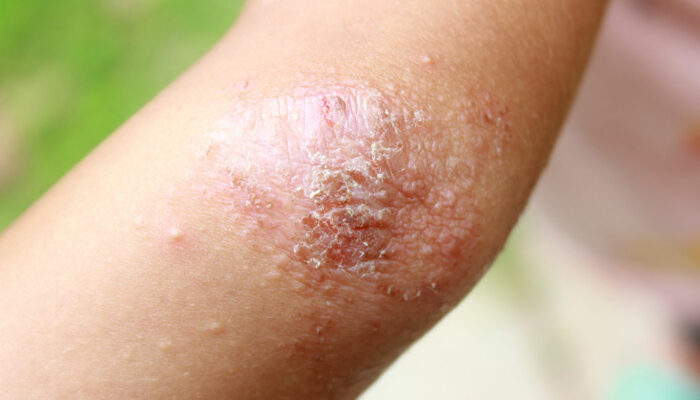
6 Foods that May Cause Nasal Congestion & Other Treatments
Nasal congestion can be treated with a variety of medications, including over-the-counter decongestants and nasal sprays like Flonase. Pain relievers such as Advil can also help to alleviate the discomfort associated with congestion. In addition to medication, some people find relief through home remedies such as steam inhalation or the use of vapor rubs like Vicks. For those who suffer from allergies, taking allergy medication or receiving a flu vaccine can help to prevent or reduce nasal congestion. More recently, mRNA vaccines have also been developed and approved to provide protection against respiratory illnesses, including those that can cause nasal congestion. In addition to these treatments the following 6 foods should be avoided:
1. Dairy products
Dairy products like milk, cheese, and yogurt are common triggers of nasal congestion. They contain lactose and casein, which can increase mucus production in the body. When the body produces more mucus than usual, it can lead to a stuffy nose, coughing, and sneezing. Additionally, some people are lactose intolerant, which means that they cannot digest lactose properly. This can cause digestive problems and worsen nasal congestion symptoms. To alleviate nasal congestion symptoms, try avoiding or reducing your intake of dairy products.
2. Spicy foods
Spicy foods like hot peppers, curry, and chili can cause nasal irritation and inflammation, leading to congestion. Capsaicin, the active ingredient in spicy foods, can also cause a burning sensation in the nasal passages and sinuses. This can worsen nasal congestion symptoms and make it difficult to breathe. To alleviate nasal congestion symptoms, try avoiding or reducing your intake of spicy foods.
3. Processed foods
Processed foods like canned goods, frozen meals, and fast food are often high in sodium and other additives that can cause inflammation and dehydration. This can lead to nasal congestion and other uncomfortable symptoms like headaches and fatigue. To alleviate nasal congestion symptoms, try avoiding or reducing your intake of processed foods.
4. Wheat products
Wheat products like bread, pasta, and cereal can cause inflammation and mucus production in some individuals, leading to nasal congestion. This is especially true for individuals who are gluten intolerant or have celiac disease. Gluten is a protein found in wheat and other grains, and it can cause an immune response in some people. This can lead to inflammation in the body, including in the nasal passages. To alleviate nasal congestion symptoms, try avoiding or reducing your intake of wheat products.
5. Sugar
Sugar consumption can weaken the immune system and increase inflammation, leading to nasal congestion and other uncomfortable symptoms. Additionally, consuming sugary foods and drinks can lead to dehydration, exacerbating nasal congestion symptoms. When the body is dehydrated, it produces less mucus, which can make it difficult to clear the nasal passages. To alleviate nasal congestion symptoms, try avoiding or reducing your intake of sugary foods and drinks.
6. Other treatments for nasal congestion
In addition to avoiding certain foods, there are several treatments available to alleviate nasal congestion symptoms. These include nasal sprays, decongestants, steam inhalation, saline nasal rinses, and pain relievers like Advil and Tylenol. Nasal sprays like Flonase and Afrin can help to reduce inflammation in the nasal passages, allowing for easier breathing. Decongestants like Sudafed can help to reduce nasal congestion by constricting blood vessels in the nasal passages. Steam inhalation can help to loosen mucus and reduce inflammation in the nasal passages, making it easier to breathe. Saline nasal rinses can help to flush out mucus and other irritants from the nasal passages, reducing congestion and inflammation. Pain relievers like Advil and Tylenol can help to reduce inflammation and alleviate the discomfort associated with nasal congestion. It is important to speak with a healthcare provider about the best treatment option for you.



